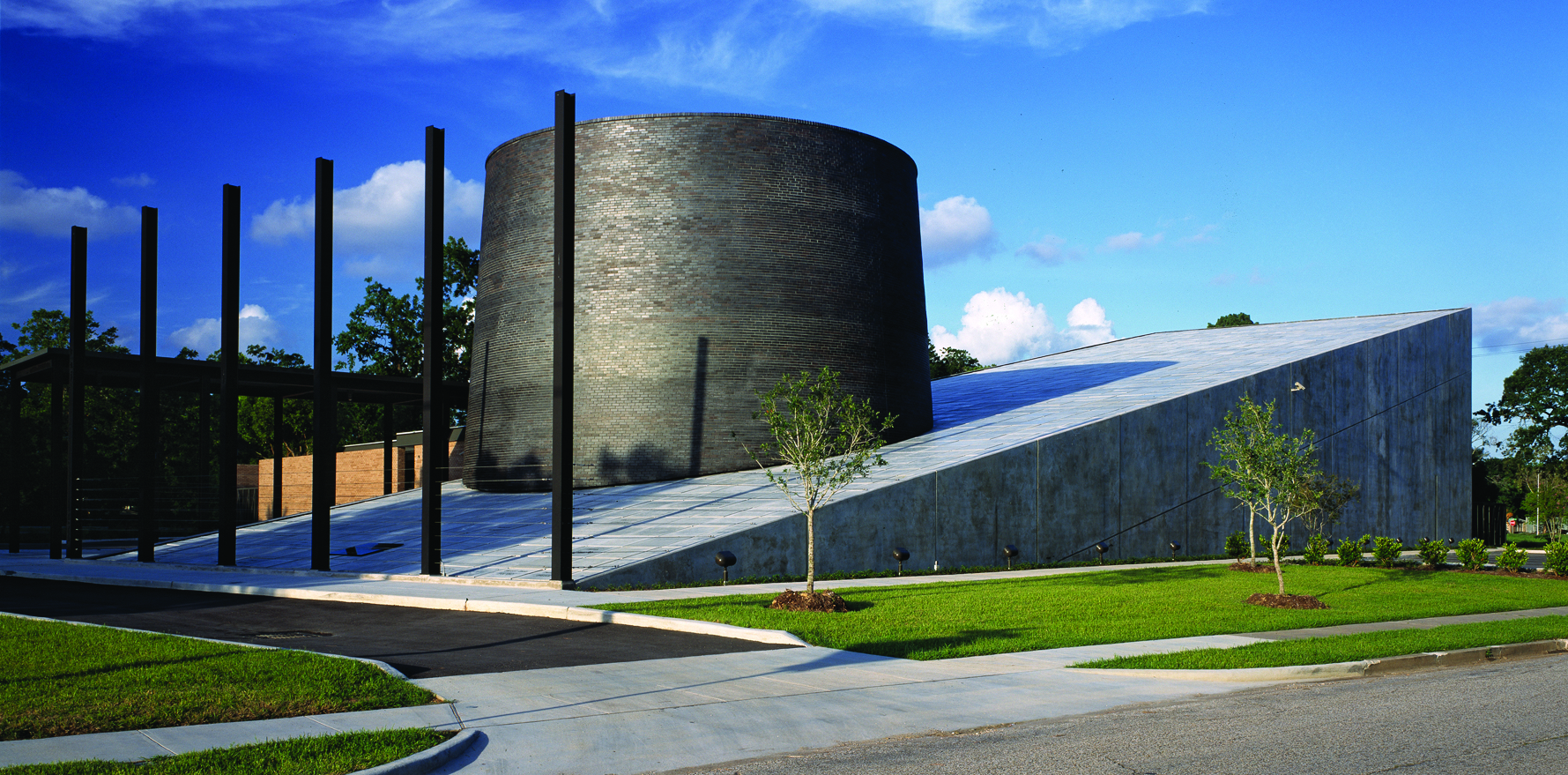Holocaust Museum Houston Testimony Collection Brings Voices of Houston to Visual History Archive

As part of USC Shoah Foundation’s Preserving the Legacy initiative, 281 testimonies from Holocaust Museum Houston are currently being indexed for integration into the Visual History Archive.
Holocaust Museum Houston (HMH)’s oral history project was initially created in 1985 under the auspices of the American Jewish Committee and the Jewish Federation. In 1990, HMH began directing the project. Its goal was to document and preserve survivor testimonies in order to educate students and others about the dangers of prejudice.
The staff of the Houston Public Library and the Yale University Fortunoff Video Archive, of which HMH is still an affiliate, provided interviewer training.
The 281 videotaped testimonies were recorded in a variety of formats: Umatic, BetacamSP, Hi8 and MiniDV. Interviewees are mostly Holocaust survivors but also include military personnel, liberators, military prisoners of war and rescuers. Each interview is about two hours long and is a full life history, covering the interviewee’s life before, during and after genocide.
The collection also includes one Rwandan Tutsi Genocide survivor. In addition, 233 of the testimonies have transcripts.
Monica Rose, director of HMH’s library and archives, said that just as HMH was beginning to look for a partner who could help transfer the collection into Motion JPEG format and provide guidance on best practices for digitization, USC Shoah Foundation Executive Director Stephen Smith approached her. Smith offered to help maintain HMH’s collection by integrating it into the Visual History Archive.
The partnership falls under the auspices of Preserving the Legacy, USC Shoah Foundation’s initiative to integrate other Holocaust testimony collections into the Visual History Archive.
Rose said she was “ecstatic” to partner with USC Shoah Foundation. HMH and USC Shoah Foundation have similar goals, so a partnership made sense. And USC Shoah Foundation was already a proponent and user of Motion JPEG, which is an ideal format for large-scale video preservation and access.
“We see USC Shoah Foundation as an expert in audiovisual testimonies and digitization, so we were honored,” Rose said.
The HMH collection will add a regional voice to the Visual History Archive, Rose said, since the interviewees were all full or part-time residents of the city. The interviewees include several prominent figures in the Houston community, including Leon Cooper, who was on “Schindler’s list,” Hana Ginzbarg, who founded the Hana and Arthur Ginzbarg Nature Discovery Center, and liberator Ben Love, a prominent Houston philanthropist and businessman.
Knowing that the collection will be preserved in perpetuity and integrated into educational programs through the Visual History Archive is important to the museum especially because it was the testimony collection that really started the Holocaust Museum Houston in the first place.
“This is this museum’s legacy,” Rose said. “We’re grateful to collaborate with USC Shoah Foundation and that you are wanting to help us move forward.”